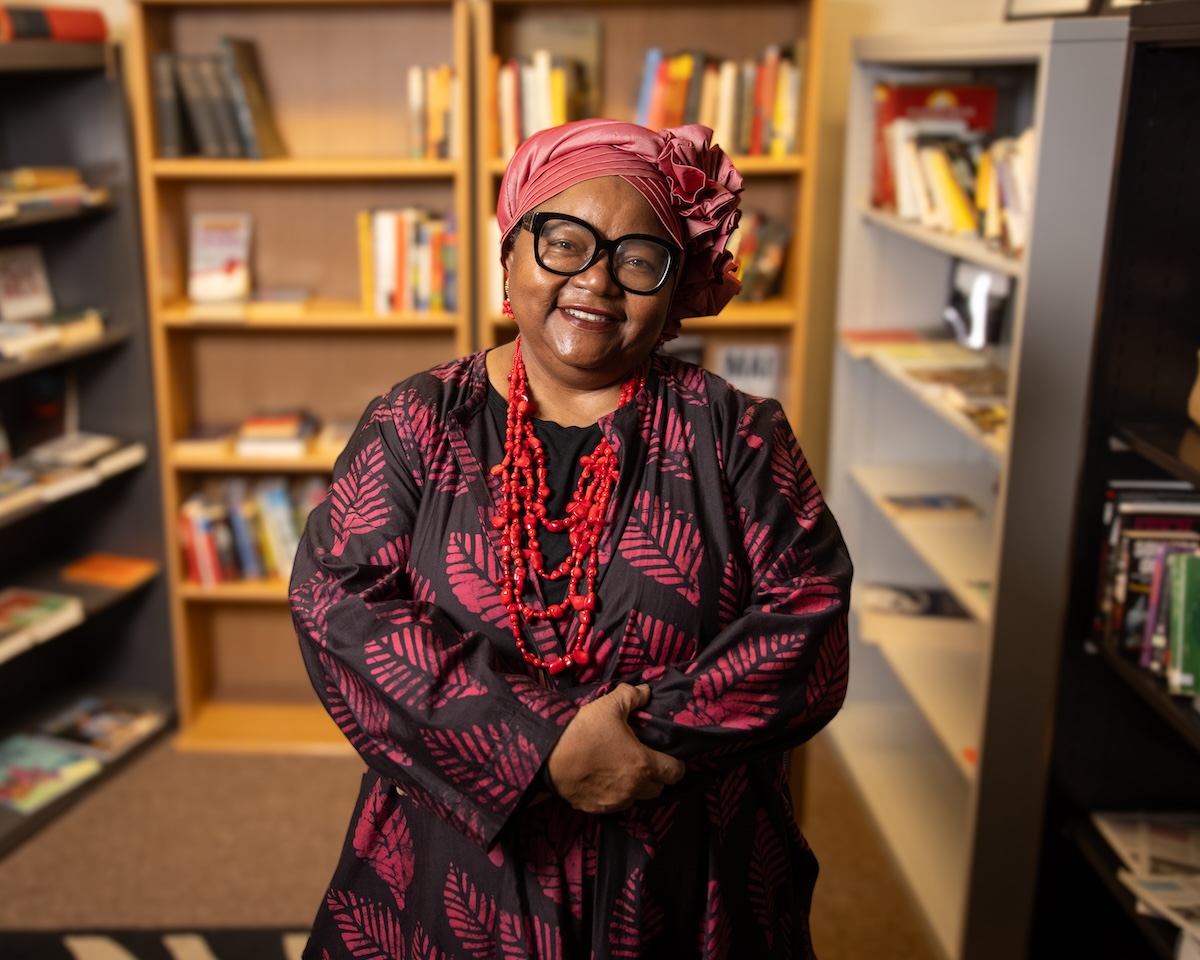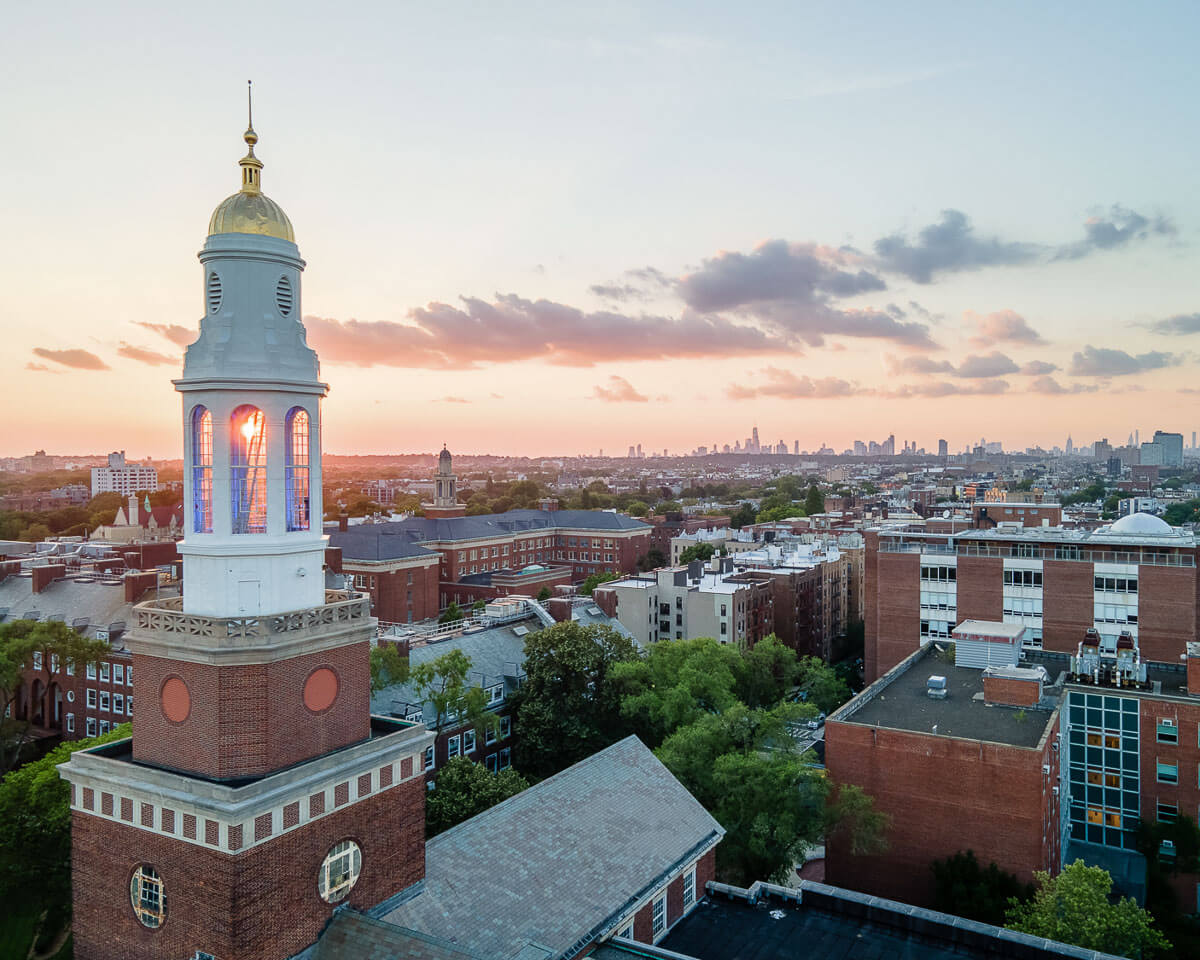Olufúnké Mojúbàolú-Okome, a professor of political science in the School of Humanities and Social Sciences, was awarded the prestigious 2024 Lagos Studies Association Distinguished Scholar Award on June 28 at the University of Lagos as part of the association’s annual conference.
The award recognizes individuals who make significant contributions to Lagos and Nigerian studies. Okome is the founder of the acclaimed Ìrìnkèrindò: A Journal of African Migration, and has been cited in more than 159 libraries worldwide that have shared her research on Africa from indigenous perspectives.
Her roles as director of the Women’s Studies Program and deputy chair for graduate studies in the Department of Political Science highlighted her commitment to inclusiveness and social justice. Under her leadership as president of the African Studies Research and Forum, the group facilitated interdisciplinary research, integrated African studies into educational curricula, and organized international conferences fostering excellence in African education.
You can read more about Okome and the award here.
In other news, Okome spoke about the need for a well-functioning democratic system in Nigeria for a virtual townhall event on July 4, titled “Democracy Is Not a Spectator Sport: An Agenda for Nigeria,” organized by the African Leadership Group and hosted by Pastor Ituah Ighodalo.
While the country deals with a deepening economic crisis, rising insecurity, and other challenges, Okome urged citizens to be ready to make the necessary demands from the government, saying that they are not engaging enough and emphasized that democracy is not just a spectator sport but an avenue to be inclusive and tenacious.
“Saying that democracy is not a spectator sport means that for democracy to thrive, citizens must participate actively in politics. Voting should be the beginning of civic engagement, not the end,” Okome said. “We must be well-informed, participate in political deliberations, and engage in organized, collaborative action. This includes communicating regularly with our elected representatives to demand accountable actions that serve citizens who repose trust in them. This task is especially crucial for a young democracy like ours.
“We also need well-designed, sound, and effective institutions. These cannot materialize without citizen engagement that critiques, tests, and scrutinizes such institutions, providing constant feedback to those charged with their operation,” she added.
More information about this event is available here.



